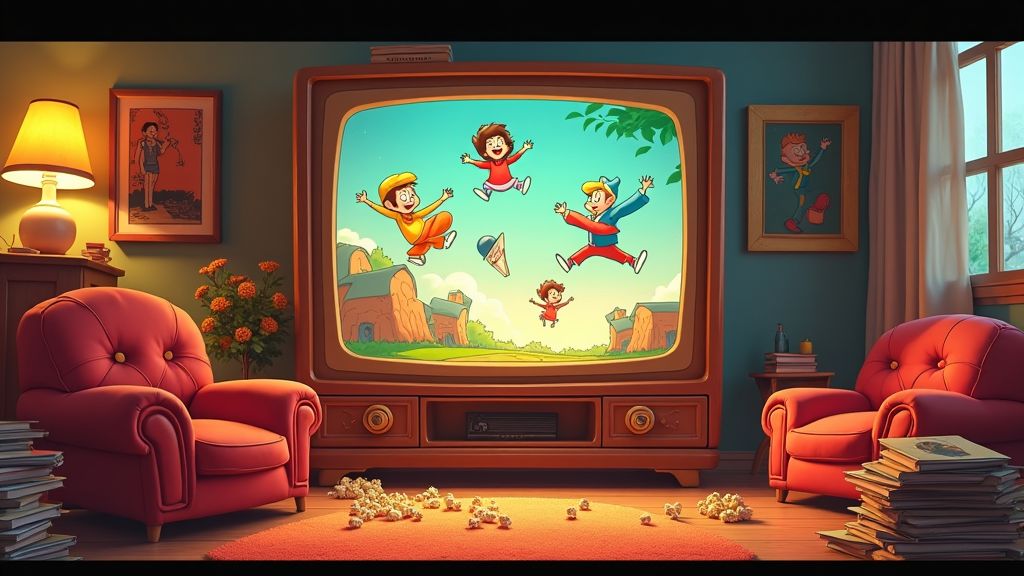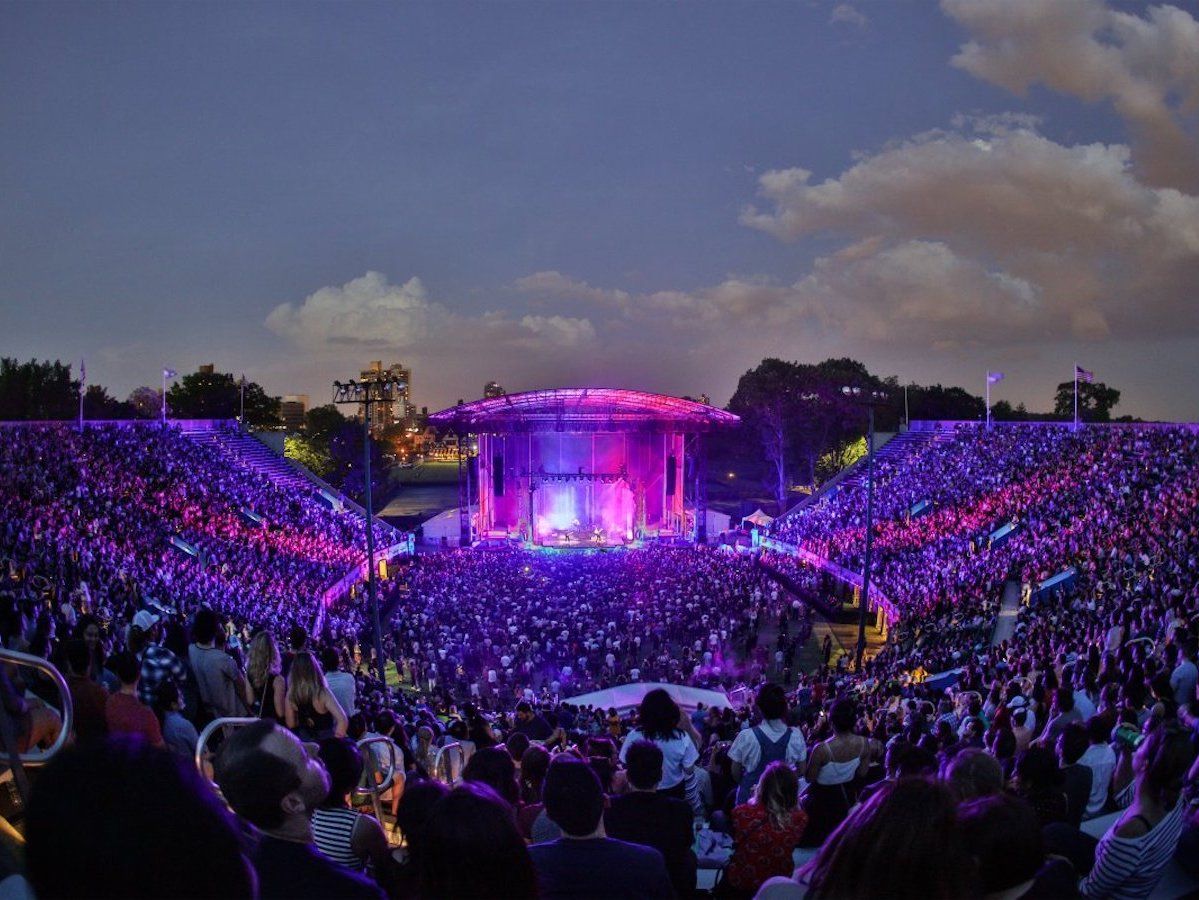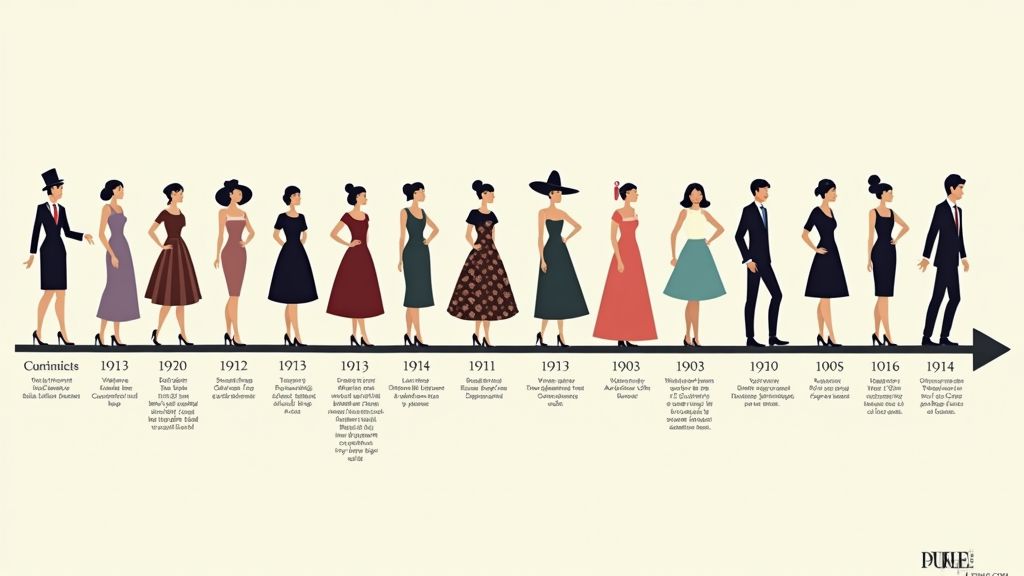The Role of Comedy in Bridging Cultural Differences
- # Comedy
- # cultural differences
- # humor
Have you ever noticed how comedy has the power to bring people together, regardless of their backgrounds or beliefs? From stand-up routines to sitcoms, humor has a unique way of transcending cultural barriers and fostering connections between individuals. In this article, we will explore the role of comedy in bridging cultural differences and how it can serve as a powerful tool for promoting understanding and empathy across diverse communities.
The Power of Laughter
Laughter is a universal language that knows no boundaries. It has the ability to break down walls, build bridges, and create common ground among people from various cultural backgrounds. Comedy allows us to find humor in our shared human experiences, highlighting the similarities that unite us rather than the differences that divide us. Through jokes and witty observations, comedians have the capacity to address sensitive issues with a light-hearted touch, making it easier for audiences to engage with challenging topics and see things from different perspectives.
Cultural Exchange Through Comedy Shows
Comedy shows serve as a platform for cultural exchange, where comedians from different backgrounds can share their unique viewpoints and experiences with audiences worldwide. Stand-up comedy, in particular, allows performers to address cultural stereotypes, taboos, and social norms in a way that encourages open dialogue and reflection. By using humor to tackle sensitive subjects, comedians create a safe space for discussing complex issues while entertaining and educating viewers in the process.
Examples of Comedy Breaking Cultural Barriers
One notable example of comedy bridging cultural differences is the popularity of British sitcoms in the United States. Shows like ‘The Office’ and ‘Fawlty Towers’ have gained a dedicated following among American audiences, despite cultural differences in humor and comedic style. Similarly, comedians like Hasan Minhaj and Ali Wong have used their stand-up routines to address issues of race, identity, and immigration in ways that resonate with diverse audiences around the world.
The Impact of Comedy on Social Change
Comedy has the potential to spark social change by challenging stereotypes, confronting prejudice, and promoting inclusivity. Through satire, parody, and wit, comedians can shed light on societal issues and injustices, prompting audiences to reconsider their perspectives and take action. By laughing together at shared absurdities and hypocrisies, people can form connections based on a mutual understanding of the need for positive change and a more inclusive society.













